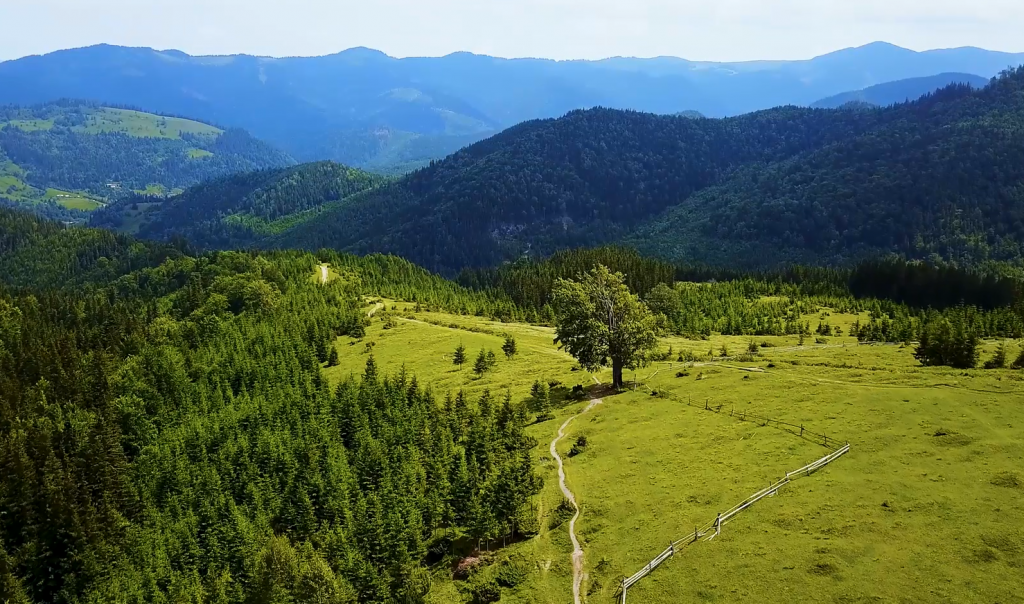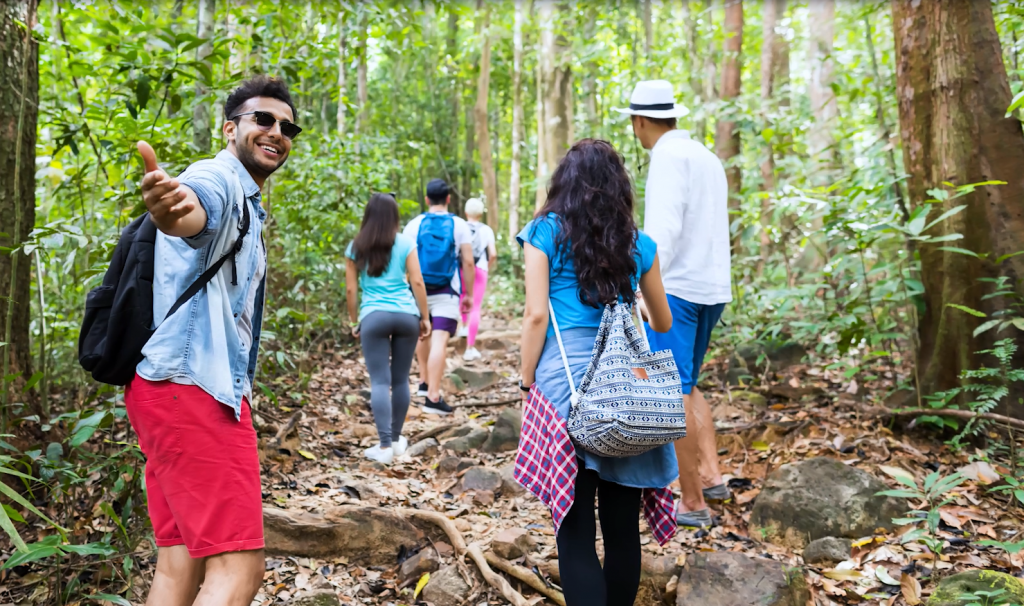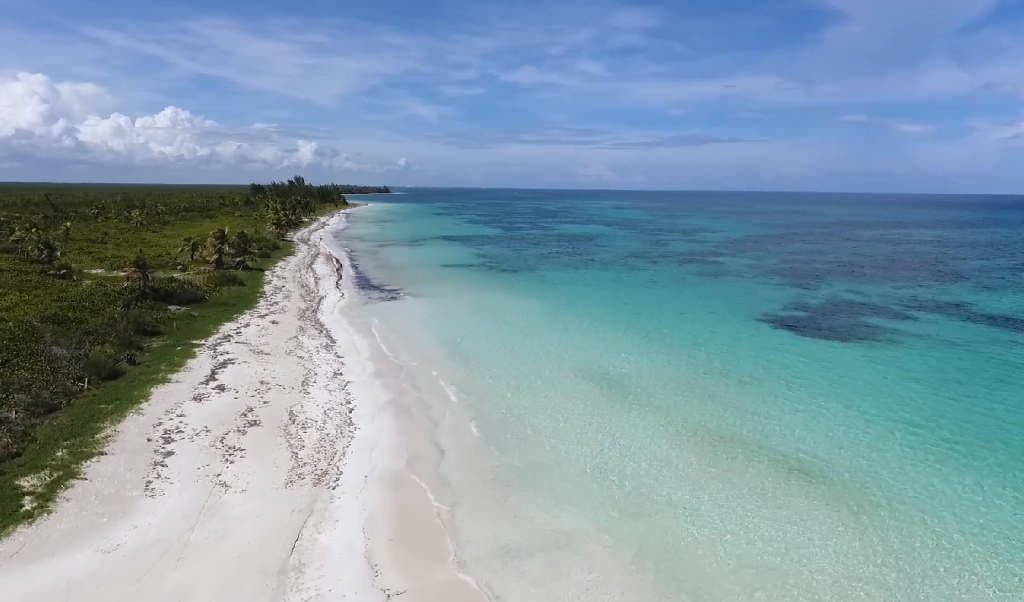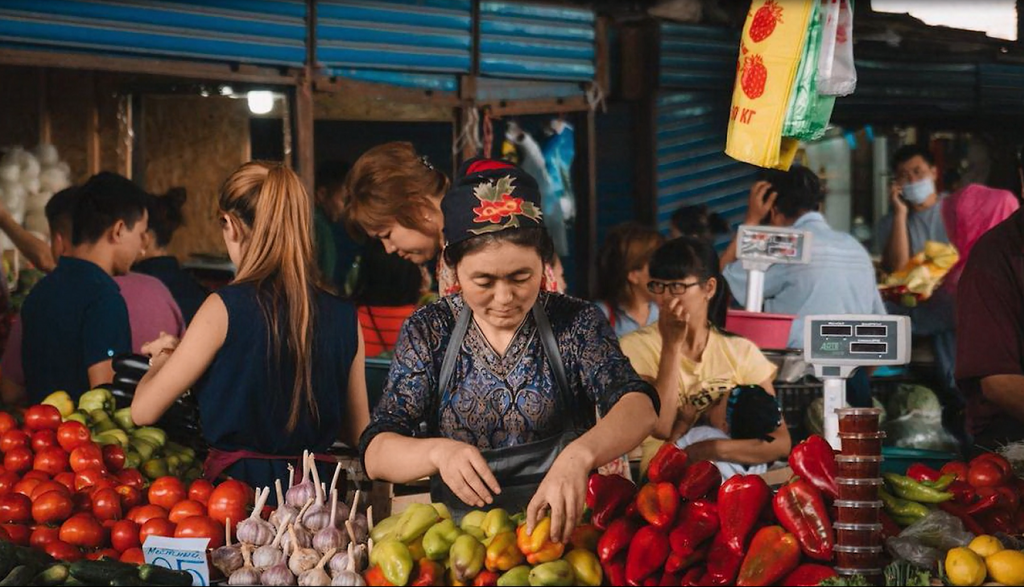“Plan for the future, because that’s where you’ll spend the rest of your life.” – Mark Twain
Mark Twain, world-famous author of the stories about Tom Sawyer and Huckleberry Finn and himself an avid adventurer, treasure hunter and traveller, wrote this sentence in the 19th century. He was aware that only if we plan ahead wisely and act accordingly to this path, we and future generations will have the chance to continue enjoying the beauty of our planet in the future.
Anyone can become active – especially when travelling
But what does this mean for me as a traveller? Basically, it is important that people take responsibility for their travel activities and travel as sustainably as possible – so that as many people as possible can benefit, i.e. not only airlines and international hotel chains, but above all the travellers and the local population at the destination. Tourism can thus not only increase the social and economic benefits for the locals, but also contribute to preserve the cultural and natural heritage and reduce the negative effects of the travel industry on the environment and society.

Counteracting climate change
This starts directly with the means of transport. Flights in particular have a significant detrimental effect on the climate. Travellers should make sure that the distance to their travel destination is proportionate to the duration of the trip. Flying to New York for a long weekend of shopping is not sustainable at all. The rule of thumb is to avoid short-haul flights (< 700 km) wherever possible. Long-haul flights over 2000 km should last at least 14 days. And in general the following motto counts: the further away, the longer the stay.
[caption id="attachment_17096" align="aligncenter" width="640"] Join in – everyone can make a contribution[/caption]
Join in – everyone can make a contribution[/caption]
Whoever books such a flight trip can voluntarily pay a climate protection contribution as compensation for the CO2 emissions caused. Carbon offsetting providers such as atmosfair, myclimate or Klima-Kollekte fund this contribution in carbon offset projects, e.g. to promote renewable energies in developing countries. This saves CO2 at these locations, which would otherwise have been generated by fossil fuels.
No wasting resources
The economical use of water should also be a matter of course. In much of the global south in particular, this valuable resource is already in short supply. Tourists can support local populations by adopting certain behaviours e.g. by not showering too long and using towels several times before changing them, in order to avoid excessive water usage. Just like at home, travellers should also think about the consumption of unnecessary energy during their holidays, i.e. switch off air conditioning and other electronic devices and turn off lights when away from accommodation.
Another important issue is food waste. According to current estimates, around one third of the world’s food produce is wasted every year. In Germany alone, hotels produce around 200,000 tonnes of food waste per year. A large part of this could be avoided – not only on the part of providers, but also on the part of customers. It makes sense to order only as much as you can eat, or even better, avoid buffets.

Experience culture and secure jobs at the same time
Everyone knows the proverb “other countries, other customs”: tourists should make themselves imperatively familiar with the destination before the vacation, by learning something about culture, mentality, history and political conditions – also memorising a few phrases in the national language is always useful and shows interest and respect. In this way you develop an understanding and comprehension of local conditions and cultural differences and can immerse yourself in the holiday country in a completely different way. The Sympathiemagazine, for example, offer wonderful preparation.
Another important contribution of travellers is also to spend their money carefully: shopping in local shops and eating in regional restaurants is a way to support the local economy and population. This includes offering tips to local employees as a standard practice – this is often the only way for them to get a direct benefit; their wages are mostly very low.

Sustainable tour operators allow orientation
An ever increasing number of travellers are paying attention to their ecological footprint. According to a survey by Booking.com on sustainable tourism, 87 % of travellers worldwide want to travel more sustainably this year. Also, 83 % of Germans want to take care of the environment on holiday in 2018. The visible marks of mass tourism on the environment encouraged over half of those surveyed to rethink their own travel behaviour. If the potential is therefore great, there is still a lack of necessary information and offers to turn “want to” into “act for”.
Small tour operators in particular are already sustainably positioned or benefit from appropriate identification signs. Some seals of quality have established themselves in sustainable tourism, such as the TourCert seal. The Labelguide helps you to get an overview of all relevant certificates in the Labelguide.

It is in our own hands what our future will look like
TourCert takes all this very seriously and is committed to responsible tourism with many years of experience. The innovation and certification company unites experts from tourism, science, environmental protection, sustainable development and politics and offers guidance to companies, destinations and travellers. The aim is to sensitise travellers and make the travel industry fit for the future – so that both travellers and local people will continue to benefit from these travel destinations in the future.
The film from TourCert, supported by the Austrian Development Agency (ADA), summarises the aspects of responsible travel:
Have fun on your next vacation! The members of the TourCert Community will certainly have the right offer for your trip.
Tags
Climate change, Holidays, Resources, Responsibility, Sustainability, Tips, Travel


